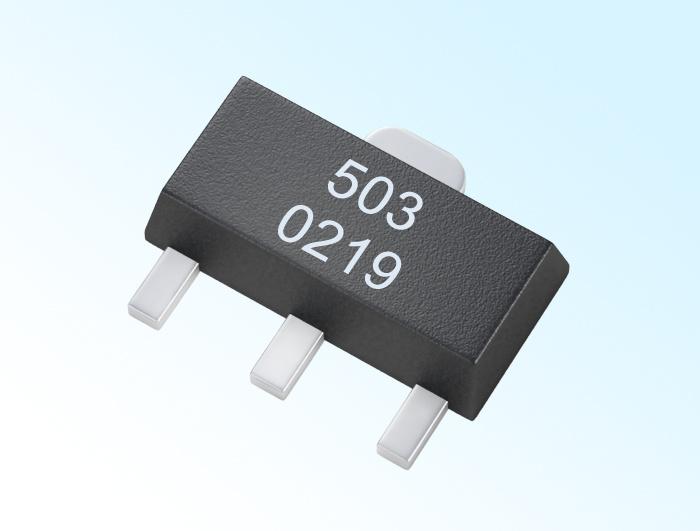What is the difference and connection between the resolution and accuracy of the Linear Hall Sensor?
The resolution of the Linear Hall Sensor is essentially how much displacement can produce an identifiable electrical signal. For example, a displacement sensor measures the displacement of an object. If the displacement is below one micron, the probe does not react. If the displacement exceeds one micron, it will change. The output of the probe, then say that this micron is the resolution of the probe.
Linear Hall Sensor
Accuracy has a lot of understanding, it may refer to absolute error or linearity. To put it bluntly, is your ruler accurate or not. One micrometer you measured, how much different from a micrometer of the metrology standard.
Others will say repeatability as precision. In fact, he said that under the same measurement conditions, only the probe is removed and then reset to the same measurement point, and the measurement results are drifted. Or do not remove the probe, just look at it after a while, whether the measurement results drift.
The relationship between accuracy and resolution is like, you have a ruler. If the minimum scale is a millimeter, then you can only use it to measure the millimeter size. For small size, you can't do anything with this ruler. If the ruler has just been calibrated by the metrology mechanism, each millimeter is the same as the standard millimeter. Without deviation, the accuracy is very good and the value is very small. At this time, you heat the ruler to lengthen. How many millimeters you read from the ruler, the resolution is still millimeters, but the millimeter you read is not the real value, the precision is very poor, and the deviation is very large.
In fact, the Linear Sensor Factory has some differences in the description of accuracy and resolution, which are averaged, with peak-to-peak values, and many cases. Modern displacement sensors vary widely in principle and structure. How to properly select displacement sensors according to specific measurement purposes, measurement objects and measurement environment is the first problem to be solved when performing a certain amount of measurement. When the displacement sensor is determined, the matching measurement method and measuring device can be determined. The success or failure of the measurement results depends to a large extent on whether the selection of the displacement sensor is reasonable. So how do you judge the quality of the displacement sensor?
1. Determine the type of displacement sensor based on the measurement object and the measurement environment
To carry out a specific measurement work, we must first consider the principle of the displacement sensor, which needs to be analyzed after analyzing various factors. Because even if it is measuring the same physical quantity, there are many kinds of displacement sensors available. If the displacement sensor is more suitable, you need to consider the following specific problems according to the characteristics being measured and the operating conditions of the displacement sensor: Size; the position of the measured position on the displacement sensor; the measurement method is contact or non-contact; the signal extraction method, wired or non-contact measurement; the source of the displacement sensor, domestic or imported, the price can withstand, or self Developed.
After considering the above problems, it is possible to determine which type of displacement sensor to use, and then consider the specific performance of the displacement sensor. Our company also has Gear Sensor for sale. Welcome everyone to consult.

评论
发表评论